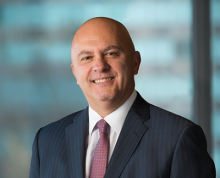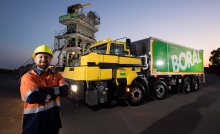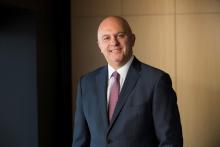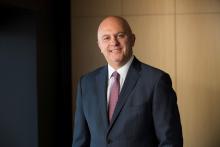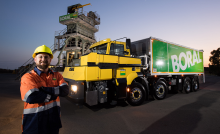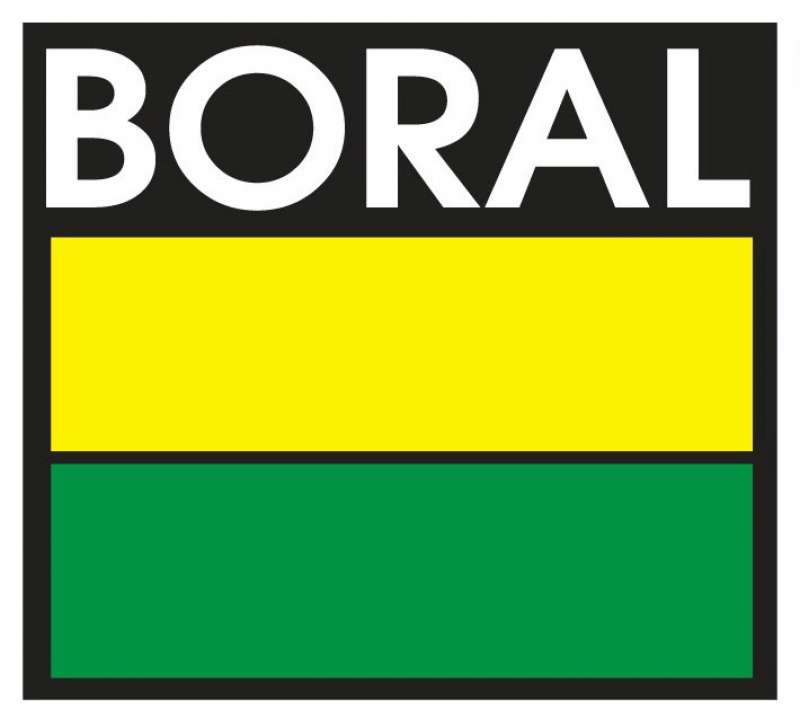
H2 sales revenue totalled A$1.5bn, up by 1%, which Boral says reflects stronger underlying demand despite impact of COVID-related construction shutdowns, and exceptionally wet weather in the second quarter.
Commenting on the results, Boral's CEO and MD Zlatko Todorcevski said: “With completion of the divestment of our North American Fly Ash business on 11 February 2022, we have now finalised the strategic realignment of our portfolio to focus on our Australian construction materials business.
“We have substantially reshaped our portfolio, divesting our Boral North America businesses and Australian Building Products businesses for proceeds of A$4.1bn. And post half-year, we’ve completed the return of US$3bn in surplus capital to our shareholders."
Todorcevski added that, following receipt of the proceeds from the sale of the fly ash business, Boral has at least a further A$500m in surplus capital on a proforma basis.
“We are focused on building a more competitive and profitable business that is positioned for success and delivers increased returns to shareholders," he said.
Excluding the impact of construction shutdowns, Boral delivered (ROFE) return on funds employed of 10.5% for continuing operations.
In December 2021, Boral agreed to acquire Hillview Sands in Victoria, an operating sand quarry with further upside from unutilised sand and granite resources, for a price of A$30m. The company says the acquisition will enhance its west of Melbourne sand quarry position, providing additional capacity and optionality in its network.
Boral also recently agreed to acquire land at Badgerys Creek to grow its Western Sydney position.
“We are redefining our business and operations to strengthen our competitive advantage through our decarbonisation and recycling plans," said Todorcevski. "Our range of lower carbon concrete products is supporting incremental sales, and we are making positive progress to develop growth opportunities in our Recycling business and transition to lower carbon energy sources in our operations.”
Commenting on the H1 FY2022 result, Todorcevski said that revenue benefited from higher residential housing activity which was bolstered by government stimulus measures and improved infrastructure activity. There was, however, a less favourable geographic revenue shift away from NSW, where Boral has its strongest integrated position.
“New major projects remain slow to move into execution, despite the sizeable infrastructure pipeline. We have successfully secured a number of major projects opportunities in the half, which will predominantly benefit from FY2023, and are tendering on numerous other opportunities," he added.
“To recover the impact of higher energy costs and other cost increases on our business, we’ve implemented out-of-cycle national price increases. These, together with further Transformation benefits and less expected disruption to construction activity, should deliver stronger earnings in the 2H FY2022.”
Boral expects revenue in the H2 FY2022 to be higher than the H1 FY2022, reflecting the impact of out-of- cycle national price increases effective January/February.
Price increases are expected to offset the impact of energy cost increases, which are anticipated to continue to be elevated in the H2 FY2022.
Supply chain constraints and labour shortages which impacted the H1 FY2022 are expected to continue in the H2 FY2022.
The company is targeting FY2022 transformation benefits of A$60–$75m net of inflation.

